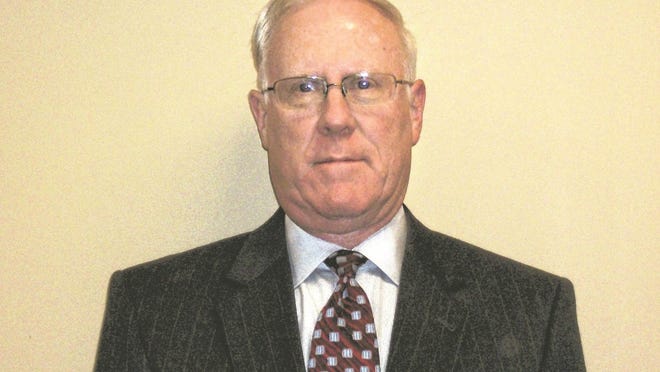[ad_1]

The FTC regularly settles cases alleging that companies violated the Children’s Online Privacy Protection Act (COPPA). In one case, the FTC said a Ukrainian company marketed a dating app that revealed the locations of very young users. In another, the FTC said a company that offered apps featuring virtual animals children could play with and care for shared information about them with third party marketing companies.
Perhaps the highest profile COPPA case was a settlement with YouTube in which the FTC alleged the company made millions of dollars targeting ads to kids inappropriately.
COPPA requires that websites, apps, and other online services directed at children under the age of 13 provide notice about their data collection practices to parents and obtain their consent before collecting personal information about their children. The rule also applies if a company has “actual knowledge that it’s collecting information on kids that young.”
In a study conducted in 2012, the FTC found that companies routinely violated COPPA by:
- Sharing kids’ personal information collected through their apps without disclosing the practice
- Letting kids spend real money through the app even if the app itself is free.
- Not disclosing that apps feature ads
- Not disclosing links to social media
In March, the FTC settled a COPPA case with another high-profile company – WW International, formerly known as Weight Watchers. The FTC alleged that a company subsidiary called Kurbo marketed a weight loss app for use by children as young as eight and collected their personal information without parental permission. The app collects information such as names, email addresses and birth dates; and tracks the kids’ food intake, activity and weight.
The FTC alleged that Kurbo’s signup process encouraged kids to falsely claim they were over 13 and that many of them later changed their profiles to show their real birthdates. Yet Kurbo allowed them to have continued access to the app. The FTC also said that parents who signed up their children could only see a notice about information collection if they clicked on a hyperlink buried in a string of other hyperlinks. Finally, the FTC said the company violated COPPA’s data retention provisions by keeping data indefinitely and only deleting it when requested by a parent.
The settlement requires WW International and Kurbo to delete illegally collected data unless they provide direct notice to parents and obtain their permission to use it in a legally compliant manner. The companies must destroy any algorithms derived from illegally collected data and, in the future, destroy data collected from kids under 13 if they haven’t used the app in a year. Finally, the companies must pay a $1.5 million civil penalty.
The FTC and BBB recommend that you try out apps yourself before letting your kids use them. At the online app store, look at screen shots; read the description, content rating, and user reviews; and follow the link to read about the developer. Talk to your kids about online dos and don’ts, including what information should not be shared.
If you can do so in the settings on your phone, restrict content to what’s appropriate for your child’s age. Set a password so apps can’t be downloaded and your kids can’t buy stuff without it.
Randy Hutchinson is the president & CEO of the Better Business Bureau of the Mid-South.
[ad_2]
Source link





More Stories
How Business Knowledge Can Help You Solve Problems Faster
The Role of Business Knowledge in Scaling Your Startup
Business Knowledge: The Secret to Outperforming Competitors